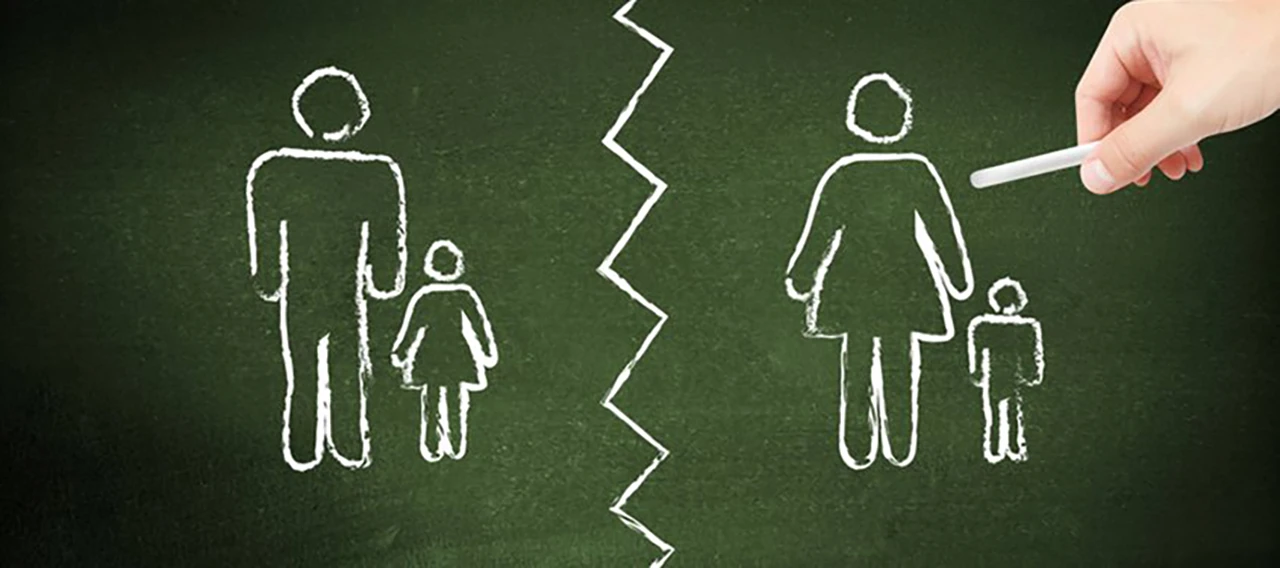What to do when your ex is badmouthing you

Divorce is done; Custody is awarded; but the other side keeps on bad-mouthing you. Yes, it happens! Your divorce case is completed, or custody orders are in place, but the other side keeps telling your relatives, your friends, even your employer and anyone else who will listen what a totally terrible person you are, how you cheated in gaining what you were awarded, and whatever other terrible things the other person can create to tear you down. And often, the children are included in those tirades.
Keeping the children out of the parties’ disputes is probably one of the most important goals. Putting the children in the middle can be damaging, catastrophic, and could even alienate the children.
Steps to take to protect your children
So, what can you do? The answer depends on what is being said and to whom. If the children are involved, hopefully there are restraining orders in the divorce decree, parenting plan, or custody order. You have the option of going back to court to hold the other party in contempt (which could include being awarded your attorney fees). Or, if the children are being affected, you might need to modify the custody arrangement to restrict contact with the children. You can also move to have a Special Master appointed to control communications.
You really need to take steps to protect your children. And this is not a DIY situation. You will need a family law attorney experienced and trained in high-conflict custody matters.
Steps to take to protect your reputation and stop the defamation
You need to take action, especially if the bad-mouthing or lies are told to others, your family, friends, or you boss (yes, I have seen cases where the employer required investigations of a person based on the other parties’ lies). Again, you can go back to court to hold that other party in contempt, and punished by the court. Or, if those terrible statements rise to a sufficient level causing you damage, you can file a separate suit for defamation.
False accusations of unethical, immoral or illegal actions can significantly damage your reputation in the eyes of your children, community and the court. Defamation is when someone makes a false allegation or accusation about you to a third party and your reputation is harmed by this slander (spoken) or libel (printed) action. The defamation action may award you money damages, an ongoing injunction prohibiting the other party from any such communication, and a public retraction.
Again, this is not a DIY matter. You will need an attorney who knows defamation law, and it probably will be helpful to have that attorney also be experienced in family law. I know, as I have handled both types of cases, in tandem, to a successful outcome.
